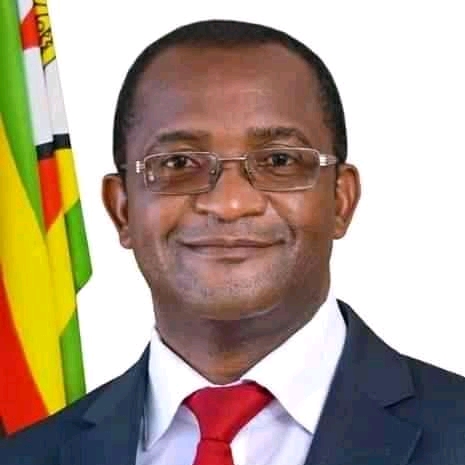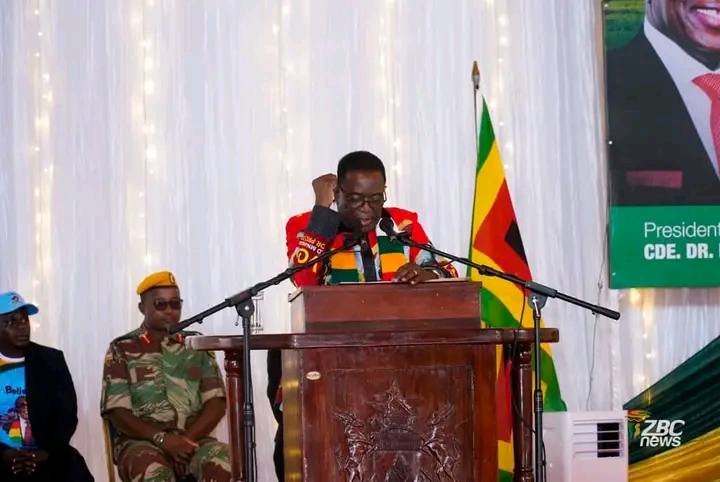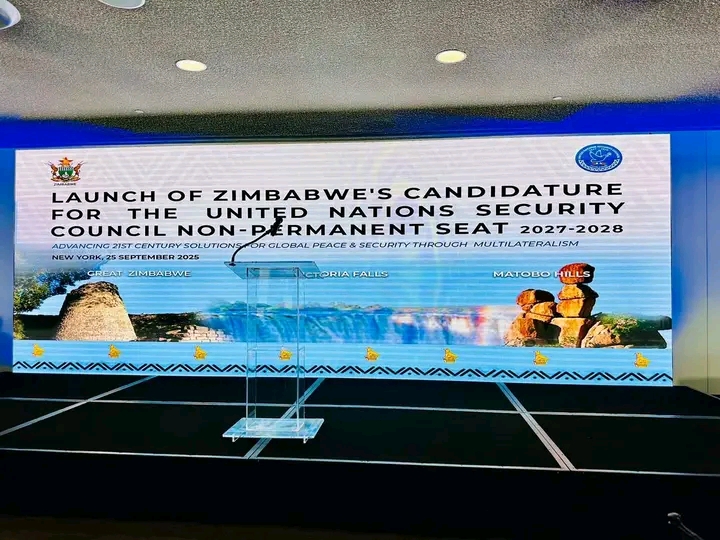Douglas Mwonzora
By Melisa Javangwe
MDC T president, Douglas Mwonzora’s court application challenging the Zimbabwe Electoral Commission delimitation report was yesterday dismissed by the Constitutional Court.
Mwonzora had approached the Concourt seeking nullification of the delimitation report which demarcated the new bounderies to be used in the upcoming general elections.
The effect of the application’s success was postponment of the elections which are scheduled to be held between 27 July and 26 August this year.
However, Justice Luke Malaba, who led the Concourt full bench, dismissed Mwonzora’s application on technicalities without looking at its merits citing that the applicant lacked the locus standi to make such an application.
Malaba said Mwonzora had no locus standi as he intends to be a presidential election candidate in the upcoming elections who is not affected by the drawing of constituency and ward boundaries.
The constituency and ward boundaries relate to the election of Members of Parliament and councillors, not the president.
While submitting the arguments for Mwonzora, Trust Maanda had argued that the Zimbabwe Electoral Commission (Zec) had violated section 161(1) and (2) of the Constitution of Zimbabwe in its delimitation exercise that was conducted recently.
Zimbabwe Electoral Commission lawyer Tawanda Kanengoni argued and concurred with Malaba that the delimitation would not affect Mwonzora as he is the presidential candidate and the elections were not localised, but required a national tally.
He also said Mwonzora’s application was baseless as ZEC still had 210 constituencies after the delimitation exercise.
However, some lawyers say the Concourt judgment is flawed.
“This is a flawed judgment for several reasons. Firstly, Mwonzora is a Zimbabwean who has a legitimate interest in the elections.
Secondly, he leads a political party which will field candidates for the Presidential, National Assembly and Municipal elections.
Thirdly, he is going to be a presidential election candidate himself. Even if for the presidential election there is only one constituency – which is the whole country –
Mwonzora has a legitimate interest in the outcome and integrity of the delimitation process of constituencies and wards as a party leader. If they genuinely wanted him to deal with the case, then they should have asked him to enjoin two candidates, one for MP and the other for councillor, and dealt with substantive issues and the case on its merit.
To dismiss such an important application with huge implications for elections and democracy on a technicality is a disservice to justice, elections and democracy in Zimbabwe,” one lawyer who asked not to be named said.
“This is a political judgment and it signifies what is going to follow. The courts will be ruling in favour of the system, meaning Zanu PF and President Emmerson Mnangagwa, throughout.”
Speaking after the judgement at the Concourt, Mwonzora said in 2 days time, the nation will know what course of action the MDCT will take going forward.
On the other hand, Professor Lovemore Madhuku who was part of the Mwonzora team hinted that Mwonzora would approach another court, possibly the High Court to pursue the invalidity of the Delimitation report, which was not debated in the Constitutional Court.
Many political commentators are saying Mwonzora is trying these tricks because the electorate has rejected him and his party after their fallout with Nelson Chamisa who has since formed the Citizens Coalition for Change (CCC).
Under section 158(1)(a) of the Constitution polling in a general election – an election to both Houses of Parliament and all provincial and metropolitan councils and local authorities – must take place not more than 30 days before the end of Parliament’s five-year term, which runs from the date the President-elect was sworn in after the last general election.
President Mnangagwa was sworn in for his current term on the 26th August 2018, so Parliament’s five-year term will end five years later, on the 26th August 2023. Polling day in the 2023 general election must be not more than 30 days before that, no earlier than the 27th July 2023 and not later than 26 August 2023.


